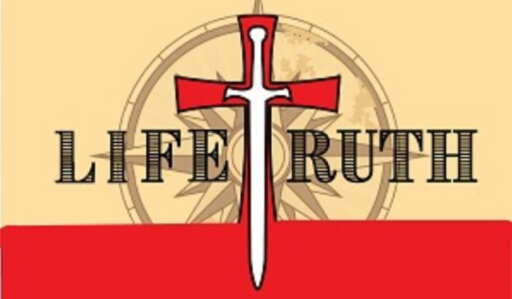There are certain hot button topics in our world today that don’t seem to want to go away anytime soon. Among them include: Christian nationalism, racism, and our topic of the day. Keith presents the Orthodox dictionary definitions of diversity, equity and inclusion. Nathan compares that to current definitions as defined on the Internet.
To the uninitiated, the words seem to actually hold positive value. When combined in the ideology of what they have come to mean, there anything but.
One lie that is often told is that diversity is our strength. Diversity can never be strength, and in its true form only leads to chaos. Diversity does define a deep character in a person or people group. The thing that is missing in this ideology is unity. Without unity diversity will never be strong. Unity is actually the strength regardless of how diversified a person or people group may be.
In the name of diversity, often our institutions lower the standard to force unqualified participants and to a group. While neither Keith or Nathan have a problem with any ethnic group being included, we determined that a person’s merit and qualifications should be the focus. There can be areas that level the playing field. For example, providing financial assistance, or opening a door for demographic of people who have historically been disadvantaged. Once the opportunity is given, the focus in remaining in that institution should be strictly on the standard of excellence of the organization.
When it comes to equity, this word has historically been used in conjunction with financial institutions. It means you hold a proportionate degree of ownership in the stock of that company. It means fairness. If a person owns one dollar of stock in the company, they merit all the voting rights, privileges and ownership that their dollar will wield. If a person owns $1000 of the same stock, it’s only fair that they have a proportionate higher degree of corporate benefits. Therefore, the outcome of equity is fair based on the input a person brings to it.
The fallacy that people apply to it tries to force an equal outcome, regardless of what the individual invests in their opportunities.
In the area of inclusion, the classic definition means to include as many people as possible. People of all manner of skill sets, ages, social backgrounds, etc. This is a great idea. The fallacy that this ideology brings is it fails to recognize that the more at stake in the mission, the more exclusive the group needs to be. If there’s nothing at stake, other than having fun on a sunny weekend, bring in all comers to enjoy the event. However, if the point is to have an elite group participate at the highest levels, such as a sport team, the need to shut down being inclusive is apparent. A top-tier sports team can only compete at their exclusive level when they restrict who they allow on their team.
Another fallacy in both diversity and inclusion, is that as diverse groups are included, traditional groups are pushed out. If diversity and inclusion were truly the goal, there will be no need to push out any people groups.
The big caution we have for our listeners is to not be fooled when people equivocate over terms and definitions. Don’t be fool by the strawman arguments or the bait and switch of using what appears to be a friendly term to twist into something that is far different.
Podcast: Play in new window | Download (Duration: 1:08:53 — 63.1MB)
Subscribe: Apple Podcasts | Amazon Music | Blubrry | Podchaser | RSS | More

